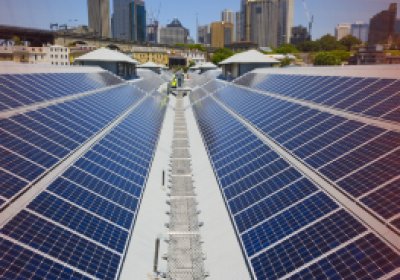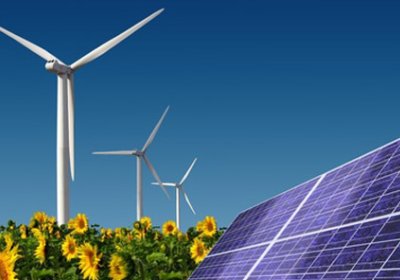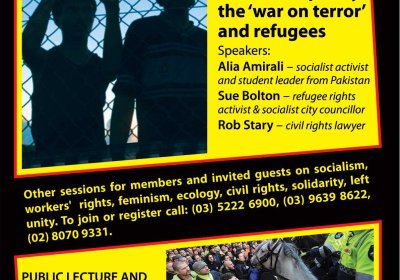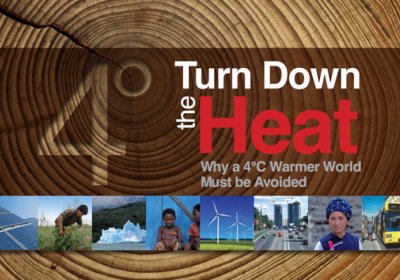Energy use in buildings accounts for about 20% of Australia’s total greenhouse gas emissions. A new report says Australia’s existing building stock could be made emissions-free in 10 years, while saving about $40 billion in energy bills over 30 years.
Simon Butler
Campaign group Save the Tarkine has condemned federal environment minister Mark Butler’s July 31 decision to approve an iron ore mine in the Tarkine wilderness in Tasmania’s northwest, saying it could guarantee the extinction of the Tasmanian devil.
The Tarkine is home to more than 60 rare and endangered animal and plant species. It is also home to the last remaining disease-free population of the Tasmanian devil. Since 2008, the devil has been listed as an endangered species.
Some environment NGOs have been quick to say that Australia’s carbon price has sharply cut carbon emissions in its first year. The claims not only contradict the evidence, but are positively deceptive: an exercise to cast a deeply flawed policy as a serious response to climate change.
I want to talk about a campaign we should abandon. We should stop saying yes to a price on carbon.
At the launch of last year’s Climate Summit, I argued that carbon pricing — the notion that we can best reduce pollution by extending private property rights to pollution — had a fatal flaw at its core. Prices can never reflect true ecological values because those values simply cannot be expressed in dollar terms.
The gulf between the science and the politics of climate change has never been wider. Consider the Arctic ice cap, which has lost half its volume in the five years from 2005. Experts say the Arctic ice cap is now in a “death spiral”. The region is warming two to four times faster than the global average.
Do oil spills make good economic sense? A witness called by Canadian firm Enbridge Inc— which wants approval to build a $6.5 billion pipeline linking Alberta’s tar sands with the Pacific coast — told a recent hearing in British Columbia that the answer is yes.
It is one of the most bitter ironies of this century so far that a war carried out as part of the so-called war on terror turned out to be one of history’s worst acts of terror.
US NGO Just Foreign Policy estimates that more than 1,450,000 Iraqis have died since the US-led invasion 10 years ago.
That is a death rate of about one in every 17 or 18 Iraqis. The Iraq genocide — as we could easily call it — claimed more lives than the Rwandan genocide.
Global Capitalism & Climate Change
By Hans Baer
AltaMira Press, 2012
The science says it is now far beyond sensible doubt that we can’t keep dumping greenhouse gases into the sky without terrible results. These range from more extreme floods, droughts and storms, to the disappearance of the Arctic ice cap, dramatic cuts in food yields and the drying out of the Amazon rainforest.
Despite this knowledge, the problem is being made worse. US oil production is booming again. World gas production is surging. World coal production is reaching new highs.
The Labor federal government and the Greens said on January 23 that an 8.6% fall in emissions from the energy sector proved the new carbon price scheme was working. But evidence from Europe suggests Australia’s emissions trading scheme is likely to hinder, not help, emissions cuts.
As this century progresses, the record high temperatures experienced across Australia in the past few months will no longer be dangerous departures from the norm, but a regular feature of Australian summers. This is one of the conclusions reached in a draft of the fifth assessment report of the United Nations Intergovernmental Panel on Climate Change (IPCC), which was leaked and published online last month.
Several recent scientific reports on climate change have warned we are headed for disaster, giving frightening evidence of just how bad things could get. It’s just as frightening how little world governments intend to do about it.
But it’s maddening to think how easy it would be to take serious action on climate, and staggering to add up the benefits of doing so.
The World Bank delivered a brutal warning about the dangers of runaway climate change and called for rapid action to cut greenhouse gas emissions in a recent report. But don’t expect the bank to take its own advice.
- Previous page
- Page 4
- Next page










